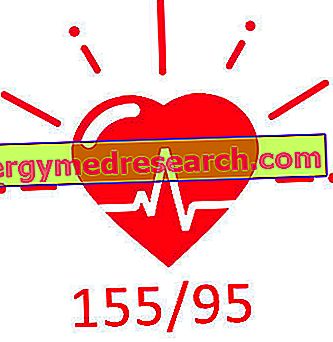Related articles: Panic Attack
Definition
A panic attack is an episode of sudden and intense discomfort, anxiety or fear, which manifests itself for a short and distinct period of time. The disorder can be isolated or present with repeated crises.
Often, a panic attack affects the patient's behavior, which attempts to avoid situations that may predispose them to a new episode.
The causes of panic attacks are not completely known, but both physiological and psychological factors are clearly implicated.
Most common symptoms and signs *
- Acrophobia
- Agoraphobia
- alexithymia
- Anticipatory Anxiety
- Performance anxiety
- Separation anxiety
- Chills
- dizziness
- palpitations
- Claustrophobia
- Impulsive behavior
- Conati
- depersonalization
- Depression
- derealization
- Dyspnoea
- Mood disorders
- Chest pain
- Pain in the sternum
- Avoidance
- Shortness of breath
- Social phobia
- Tingling in the Left Arm
- Tingling in the right hand
- Tingling in the head
- Tingling in the hands
- Hyperventilation
- Hypotension
- Restlessness
- Nausea
- Nervousness
- Paresthesia
- Sense of suffocation
- Somatisation
- Fatigue with spasms (spasmophilia)
- Sweating
- Tachycardia
- Tremors
- Hot flashes
- Dizziness
Further indications
The typical symptoms of panic attacks are: palpitations, sweating, shortness of breath or feeling of suffocation (tight or lump in the throat), chest pain, nausea and dizziness. Paraesthesia (numbness or tingling sensations), tremors, chills or hot flushes may appear during the crisis. Panic attacks can cause depression, fear of dying or losing control (eg worry about doing something embarrassing in public). Feelings of dizziness and detachment from the external world or an altered perception of self can also occur. Some crises are characterized only by some of these symptoms, as panic attacks can vary in frequency and severity. The panic attack has a sudden onset, quickly reaches its peak within 10 minutes and usually resolves within a few minutes.
Although they are extremely unpleasant, panic attacks are not medically dangerous.
Isolated panic attacks do not require specific therapy. If the disorder follows a chronic and fluctuating course, it is treated with drug therapy (antidepressants or benzodiazepines), psychotherapy or both.



